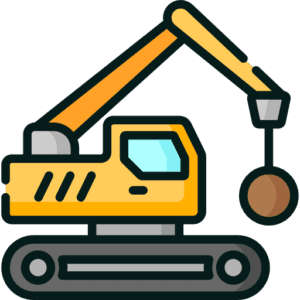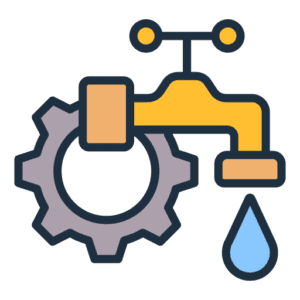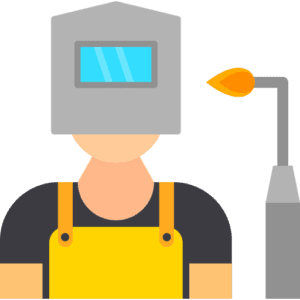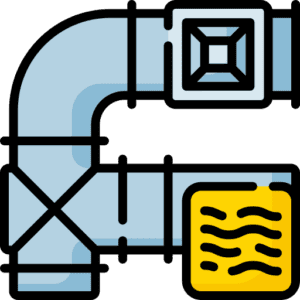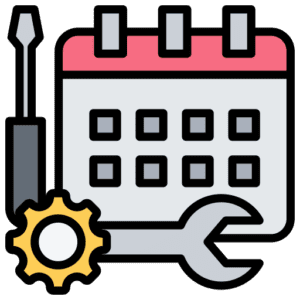CSCS Plumbing and Heating Mock Test
CSCS Plumbing and Heating Mock Test – Get Ready for Safe Work in Domestic and Commercial Systems
What is the CSCS Plumbing and Heating Test?
A CSCS Plumbing and Heating Mock Test helps you prepare for the actual test by:
Familiarising you with the format and question types
Highlighting key areas of focus for your revision
Boosting your confidence and improving your chances of passing
Reinforcing essential health and safety practices on-site
Why Take a Plumbing and Heating Mock Test?
A CSCS Plumbing and Heating Mock Test helps you prepare for the actual test by:
Familiarising you with the format and question types
Highlighting key areas of focus for your revision
Boosting your confidence and improving your chances of passing
Reinforcing essential health and safety practices on-site
What Topics Are Covered?
This test includes core safety topics along with trade-specific knowledge, such as:
Hot and cold water systems
Gas safety and pipework
Safe installation of boilers, radiators, and heating controls
Working in confined spaces and lofts
Electrical awareness around plumbing systems
Use of tools and equipment in plumbing and heating
Hazardous substances (e.g., flux, sealants)
Who Should Take the Plumbing and Heating Test?
The test is suitable for:
Plumbers and plumbing apprentices
Heating engineers and installers
Gas engineers
Mechanical services operatives
Supervisors in plumbing and heating
Benefits of the Mock Test:
Get a feel for the real test environment
Refresh your safety knowledge specific to your trade
Identify and fix weak areas in your understanding
Improve your chances of getting the right CSCS card for your role
Start practicing with the CSCS Plumbing and Heating Mock Test today to ensure you’re fully prepared for a safe, competent, and compliant career in mechanical services.




